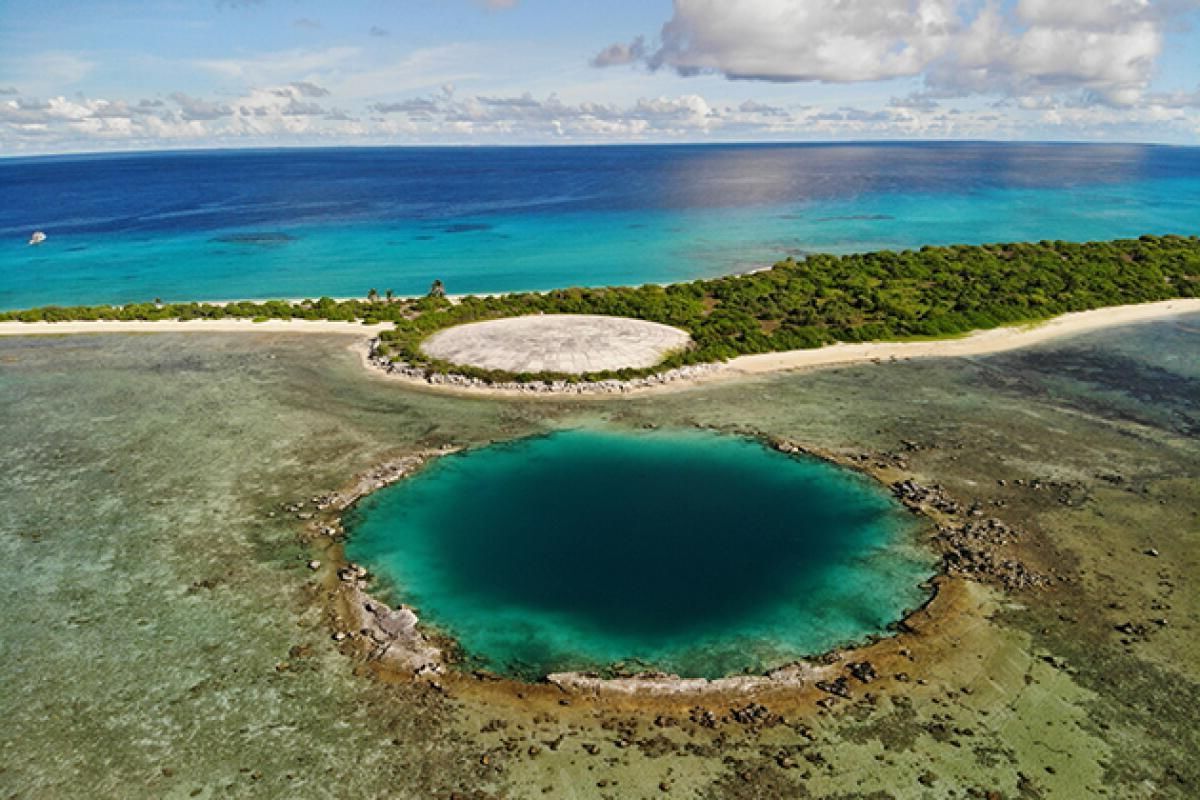
Elan School was a controversial therapeutic boarding school in Poland, Maine, that operated from 1970 until 2011. Known for its harsh disciplinary methods, the school aimed to reform troubled teens through a strict regimen. Elan School gained notoriety for its use of confrontational therapy, which included tactics like humiliation and physical punishment. Despite its closure, the legacy of Elan School remains a topic of debate and intrigue. This article dives into 38 compelling facts about Elan School, shedding light on its controversial practices, notable alumni, and the events leading to its eventual shutdown. Get ready to uncover the truth behind one of the most infamous institutions in educational history.
Key Takeaways:
- Elan School, a therapeutic boarding school, faced controversy for its harsh methods, impacting students' mental health. Its closure sparked advocacy for reform in the troubled teen industry.
- Founded in 1970, Elan School aimed to rehabilitate troubled teens but faced legal challenges and public scrutiny. Its closure marked the end of an era, leading to increased awareness and advocacy for change.
The Origins of Elan School
Elan School, a controversial therapeutic boarding school, has a history that spans several decades. Let's dive into some intriguing facts about its origins.
- Founded in 1970: Joseph Ricci and David Goldberg established Elan School in Poland, Maine, to help troubled teens.
- Named After a French Word: The name "Elan" comes from the French word for "vigor" or "enthusiasm," reflecting the founders' vision.
- Initial Purpose: It aimed to rehabilitate teens with behavioral issues, substance abuse problems, and emotional disturbances.
- Inspired by Synanon: The school's methods were partly inspired by Synanon, a controversial therapeutic community founded in the 1950s.
Controversial Methods
Elan School became infamous for its controversial and often harsh methods. Here are some facts about these practices.
- Confrontational Therapy: The school used confrontational therapy, where students were aggressively confronted about their behavior.
- Public Humiliation: Public humiliation was a common tactic, with students forced to wear signs detailing their misdeeds.
- The Ring: Students were sometimes made to fight each other in a boxing ring as a form of punishment.
- Isolation: Isolation rooms were used for students who didn't comply with the rules.
- Hierarchy System: A strict hierarchy system was in place, with students given authority over their peers.
Life at Elan School
Life at Elan School was far from ordinary. Here are some facts about daily life there.
- Long Days: Students often had 16-hour days filled with therapy sessions, chores, and schoolwork.
- No Contact with Family: Contact with family was limited, with phone calls and visits strictly monitored.
- Group Sessions: Group therapy sessions were a daily occurrence, often lasting several hours.
- Work Assignments: Students were given work assignments, such as cleaning and maintenance, as part of their rehabilitation.
- No Privacy: Privacy was almost non-existent, with students sharing rooms and bathrooms.
Legal and Ethical Issues
Elan School faced numerous legal and ethical challenges throughout its existence. Here are some key facts.
- Lawsuits: The school faced multiple lawsuits from former students and their families.
- Investigations: It was investigated by various state agencies for allegations of abuse and mistreatment.
- Media Coverage: Several media outlets reported on the school's controversial methods, bringing national attention to its practices.
- Whistleblowers: Former staff members and students became whistleblowers, exposing the harsh realities of life at Elan.
- Closure: The school finally closed its doors in 2011, following years of controversy and declining enrollment.
Impact on Students
The impact of Elan School on its students was profound and often long-lasting. Here are some facts about this impact.
- Psychological Trauma: Many former students reported experiencing psychological trauma due to the school's methods.
- Lifelong Friendships: Despite the harsh conditions, some students formed lifelong friendships with their peers.
- Mixed Outcomes: While some students claimed the school helped them, others felt it did more harm than good.
- Support Groups: Former students have formed support groups to help each other cope with their experiences.
- Documentaries: Documentaries and books have been made about the school, highlighting both its positive and negative aspects.
Legacy of Elan School
Elan School's legacy is complex and multifaceted. Here are some facts about its lasting impact.
- Cultural References: The school has been referenced in various cultural works, including movies and TV shows.
- Advocacy for Reform: The controversy surrounding Elan has led to increased advocacy for reform in the troubled teen industry.
- Survivor Stories: Many former students have shared their stories publicly, raising awareness about the issues they faced.
- Policy Changes: Some states have implemented policy changes to prevent similar abuses in other institutions.
- Ongoing Debate: The debate over the effectiveness and ethics of Elan's methods continues to this day.
Notable Figures
Several notable figures have connections to Elan School. Here are some facts about them.
- Michael Skakel: Nephew of Ethel Kennedy, Michael Skakel attended Elan and was later convicted of murder, with his time at the school becoming a focal point in his trial.
- Joe Ricci: Co-founder Joe Ricci was a controversial figure, known for his strong personality and unorthodox methods.
- Martha McGinnis: A former student who became an outspoken critic of the school, Martha McGinnis has shared her experiences in various media outlets.
- Paul Morantz: An attorney who has represented several former students in lawsuits against the school, Paul Morantz has been a vocal critic of its practices.
- Richard Blumenthal: U.S. Senator Richard Blumenthal has spoken out against the troubled teen industry, citing Elan as an example of the need for reform.
The End of an Era
The closure of Elan School marked the end of an era. Here are some facts about its final days.
- Declining Enrollment: Enrollment numbers had been declining for years, leading to financial difficulties.
- Public Pressure: Increased public pressure and negative media coverage contributed to the decision to close the school.
- Final Closure: The school officially closed in April 2011, after more than 40 years of operation.
- Legacy of Change: The closure of Elan has led to increased scrutiny of similar institutions and a push for better regulations and oversight.
Final Thoughts on Elan School
Elan School's history is a mix of controversy and intrigue. Founded in 1970, it aimed to help troubled teens but faced criticism for harsh methods. Over the years, many former students shared stories of mistreatment, sparking debates about the school's practices. Despite its closure in 2011, the legacy of Elan School continues to be a topic of discussion.
Understanding Elan School's past helps shed light on the importance of ethical treatment in educational institutions. The stories from former students serve as a reminder of the impact such places can have on young lives. As we reflect on these facts, it's clear that the lessons learned from Elan School's history are crucial for shaping better, more compassionate approaches to education and rehabilitation.
Frequently Asked Questions
Was this page helpful?
Our commitment to delivering trustworthy and engaging content is at the heart of what we do. Each fact on our site is contributed by real users like you, bringing a wealth of diverse insights and information. To ensure the highest standards of accuracy and reliability, our dedicated editors meticulously review each submission. This process guarantees that the facts we share are not only fascinating but also credible. Trust in our commitment to quality and authenticity as you explore and learn with us.


